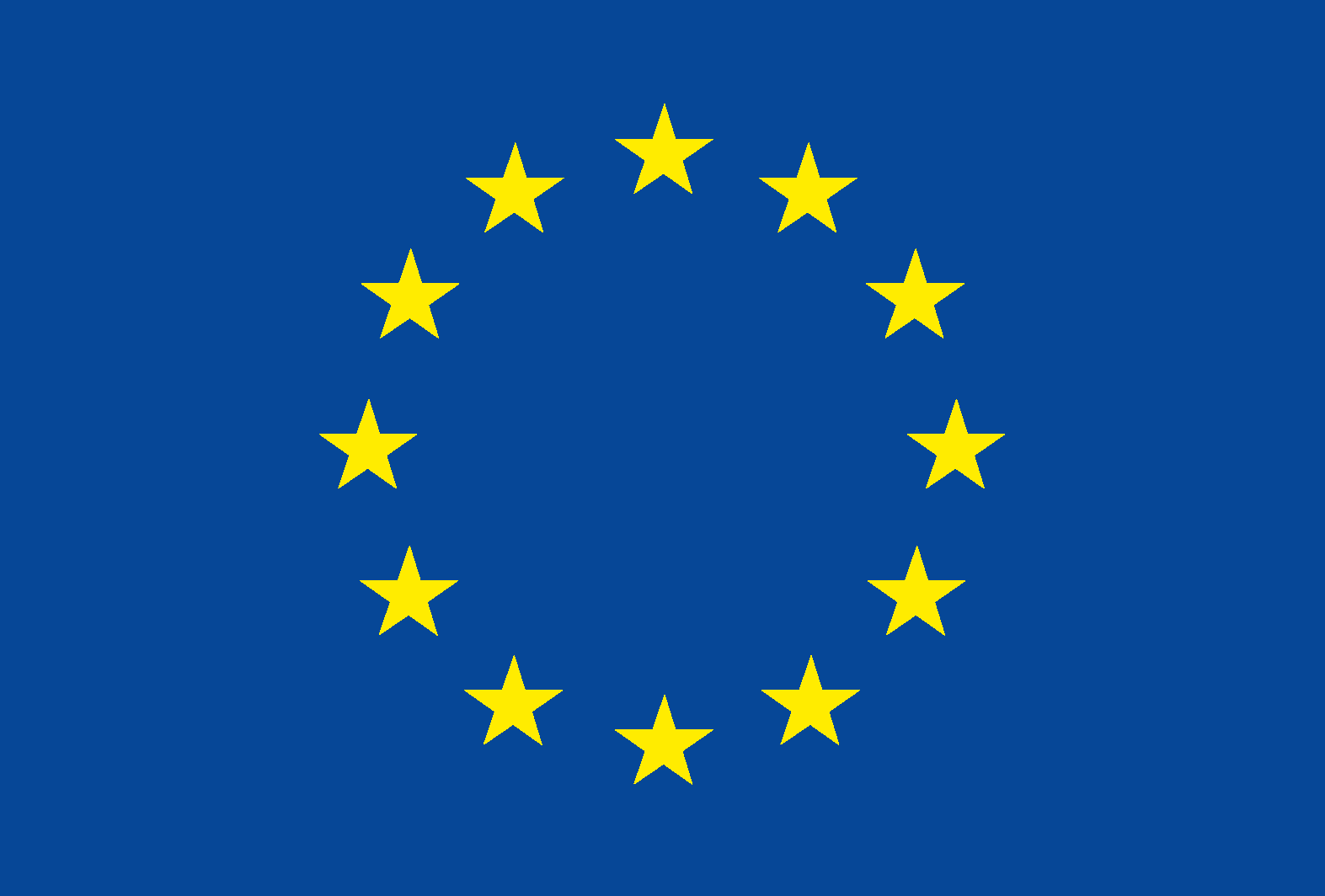The EUROSHIP project aims to provide original and gender sensitive assessment of the current gaps in social protection against poverty and social exclusion in Europe. Through the involvement of national and European stakeholders, EUROSHIP aims to develop policy recommendations on how to strengthen social citizenship at the national and EU level.
EUROSHIP will capture EU citizens’ narratives and experiences among women and men with low education and low income. The project puts into sharp focus the opportunities, challenges and responses they encounter in the face of rapid policy transformations of social protection systems in different institutional and societal contexts. Understanding how these challenges are unfolding the research team will:
- examine the social protection systems (including the role of minimum income schemes);
- focus on the experiences of three vulnerable population groups (youth at risk of in-work poverty, prime age precarious workers with care obligations, and low-income persons with disabilities, including the elderly with long-term care needs);
- interrogate the implications of introducing digital technologies to deliver social protection systems and address some of the problems arising from this broader social and economic transformation; and
- analyse how the EU may contribute to close current gaps in social citizenship in a multilevel and territorially diverse Europe.
Providing a more nuanced understanding than in previous social policy studies, the team will address the interplay of different dimensions of inequality such as gender, class, age, ethnicity and disability for all three age groups (youth, prime age and older citizens).
The project will add to the knowledge base for further implementation of the European Pillar of Social Rights and the Sustainable Development Goals/Agenda 2030, and through this, upward social convergence between Member States.

